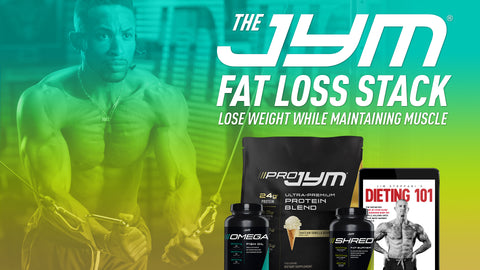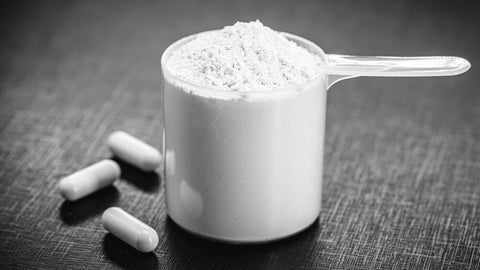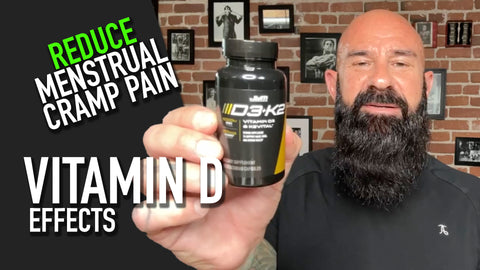Bro science says: Since it was first released in the early 90's, creatine was a very popular supplement with bodybuilders. Strength gains came quickly and it wasn't unheard of to gain a solid ten pounds in a just a few weeks. Smart bodybuilders immediately gravitated towards this very effective supplement, making it one of the most popular in the history of supplements.
Published science says: For the first decade that creatine was on the market scientists were hesitant to agree that it worked to boost athletic performance and muscle growth. In fact, many claimed that it could cause dehydration, muscle cramps, and even increase the risk of muscle injuries. Back when I was a doctoral student and a research/teaching assistant at the University of Connecticut, the undergrads would often ask me when I was lecturing on sports nutrition, whether or not creatine worked. My answer was always yes. And every time I gave that answer and one of the professors in the department heard me they would respond with, "Jim, we can't say that creatine works. There is not yet enough data to support its effectiveness." My argument was that yes, while in the mid 90's there weren't yet the hundreds of studies confirming creatine's effectiveness, but hundreds of people I knew and trained with were all gaining a good 10 pounds of muscle and at least 10-20% more strength from supplementing with creatine. Those who were using it in the gym back then knew that there was no debating the fact that creatine worked and it worked well.
Fast forward almost 20 years and a few hundred studies on the effectiveness and safety of creatine and scientists (the smart ones anyway) agree that not only is creatine very effective but also very safe and it does not cause dehydration, muscle cramps or muscle injuries. Research has also shown that creatine leads to long-term increases in muscle growth and strength through a number of different mechanisms. Of course, as I mentioned in the first installment of this series, some very misinformed doctors and scientists still to this day think it's dangerous. In fact, many athletes have informed me that their doctors have mistakenly warned them to stop taking creatine due to the "dangers" involved, Sigh.
- Winner: A draw, with the edge going to Bro science for knowing the truth on creatine first. Sometimes the gym is the best laboratory.
- Do this: If a doctor or other health care professional tells you to stop taking creatine because it is dangerous, tell them to shut up and do some current research. Depending on the form you use, take about 1-5 grams of creatine with your pre and postworkout shake. On rest days, take one dose of creatine with your first meal of the day. Although many forms of creatine do not require a loading phase, creatine monohydrate does require a loading phase, if you want results in a hurry. To do this take 5 grams of creatine monohydrate four to five times per day with meals, with two of those doses on workout days being pre and postworkout . Follow this loading phase for 5-7 days.



